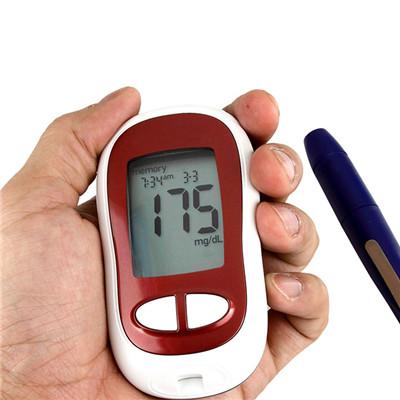What causes the complications of vaccination?
summary
The abnormal reaction on skin and mucous membrane after vaccination with attenuated pox virus vaccine is called vaccination complication. Vaccination is a method to obtain immunity to smallpox by vaccinating vaccinia vaccine. Vaccinia vaccine, or vaccinia virus, is an artificially mutated attenuated strain obtained through long-term and complex breeding. After inoculation, it only causes local acne, but does not cause smallpox. What causes the complications of vaccination? Next, I'd like to share my views with you.
What causes the complications of vaccination?
Generally can be summarized into the following four kinds: cowpox virus caused by the rash; Protein in vaccinia can cause allergic eruption; Vaccination complicated with bacterial infection; Vaccination causes or aggravates other skin diseases.
Secondary vaccinia rash is caused by careless operation or mistakenly smearing the normal skin or mucous membrane with vaccinia. A rash caused by vaccination of a vaccinia vaccine on an original skin disease due to scratching, such as vaccinia like eczema, which occurs in infants with hereditary allergic eczema. A few days after vaccination. It showed skin necrosis at the inoculation site.
Generalized cowpox rash occurs within a few days to two weeks after vaccination. There are scattered rashes all over the body, from papules to blisters and pustules, which are distributed in batches, from several to dozens. Oral mucosa can also be involved, may be accompanied by fever, about 3 weeks cured. The pathogenesis of the disease is due to the delayed formation of specific antibodies in patients after vaccination (about one week in normal people), and the spread of the virus through the blood.
matters needing attention
1. People with eczema or allergic constitution, or suffering from other skin diseases such as neurodermatitis, pyoderma, chickenpox, eruptive diseases, herpes simplex, etc. 2. Immune deficiency, such as physiological hypogammaglobulinemia, abnormal gammaglobulinemia, malignant tumor, temporary or permanent immune injury caused by any disease, hormone and immunosuppressive therapy. 3. Neurological diseases such as convulsions, stroke, family history of post vaccination encephalitis, and any chronic, static or progressive neurological diseases.















